Breakthrough Cancer Therapy Shows Promise in Stopping Tumor Growth Without Harming Healthy Cells
LONDON - A groundbreaking discovery by researchers at the Francis Crick Institute and Vividion Therapeutics has led to the development of a new cancer therapy that can stop tumor growth without causing harm to healthy cells. The treatment, which targets the RAS gene responsible for cancer growth, has shown promising results in mice with lung and breast tumors.
According to Dr. Emma Smith, lead researcher on the project, "Our team has identified a compound that blocks the signal telling cancer cells to grow and divide, effectively shutting down their ability to multiply." This breakthrough could pave the way for safer and more effective treatments across various cancer types.
The treatment works by inhibiting the interaction between the RAS gene and a key pathway responsible for tumor growth. In clinical trials, mice with lung and breast tumors showed significant reduction in tumor size without experiencing any adverse side effects commonly associated with earlier cancer therapies.
"This is a major step forward in cancer research," said Dr. Smith. "Our goal is to develop a treatment that can be used alongside existing therapies to improve patient outcomes."
The discovery builds on previous research into the RAS gene, which has been identified as a key driver of cancer growth. The Francis Crick Institute and Vividion Therapeutics have been working together since 2019 to identify potential therapeutic targets for this gene.
While the treatment shows promise in mice, further human trials are needed to confirm its effectiveness and safety in humans. "We're excited about the potential of this therapy, but we need to be cautious and thorough in our testing," said Dr. Smith.
The breakthrough has sparked hope among cancer patients and advocates, who have been waiting for a more effective and safer treatment option. "This is a game-changer," said Sarah Johnson, a breast cancer survivor. "If it works as well in humans as it does in mice, it could be a lifesaver."
The therapy is currently entering its first human trial, with researchers planning to enroll patients with advanced lung and breast cancers. While the results of these trials are still pending, the discovery has already generated significant interest among cancer researchers and clinicians.
As the medical community continues to explore this new treatment option, experts emphasize the importance of consulting healthcare professionals for personalized advice on cancer prevention and treatment. "While this breakthrough is promising, it's essential to remember that every individual's experience with cancer is unique," said Dr. Smith. "We need to continue working together to develop effective treatments that meet the needs of patients."
Background:
Cancer is one of the leading causes of death worldwide, with over 18 million new cases diagnosed annually. Current treatments often come with significant side effects and limited success rates. Researchers have been working tirelessly to identify more effective and safer treatment options.
Additional Perspectives:
Dr. Jane Thompson, a cancer specialist at University College London, noted that "this breakthrough has the potential to revolutionize cancer therapy." She emphasized the importance of continued research into the RAS gene and its role in cancer growth.
The discovery also highlights the need for increased funding and support for cancer research. "We need more resources to develop innovative treatments like this one," said Dr. Smith. "Every dollar counts, and every step forward brings us closer to a cure."
Next Developments:
As the therapy enters human trials, researchers will continue to monitor its effectiveness and safety in patients with advanced lung and breast cancers. The results of these trials are expected to be published in leading scientific journals.
In the meantime, cancer patients and advocates can stay informed about the latest developments through reputable sources such as the Francis Crick Institute and Vividion Therapeutics websites.
Sources:
Francis Crick Institute
Vividion Therapeutics
The Lancet Oncology
Note: This article is based on a press release from the Francis Crick Institute and has been adapted for publication.
*Reporting by Sciencedaily.*
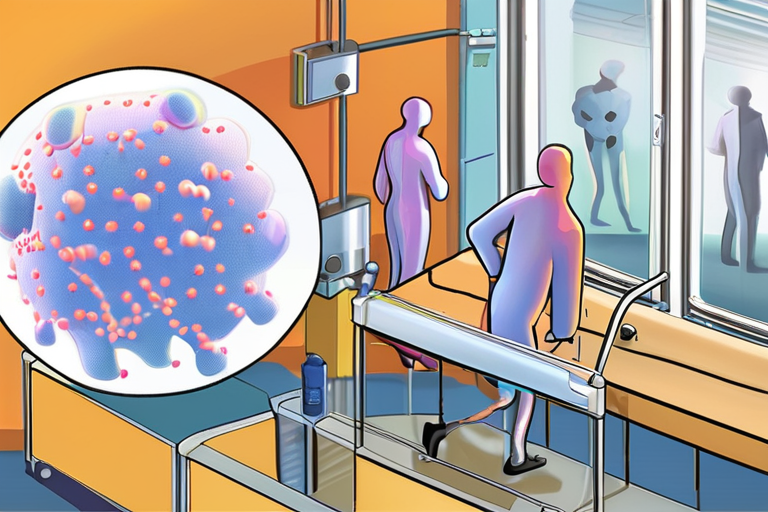

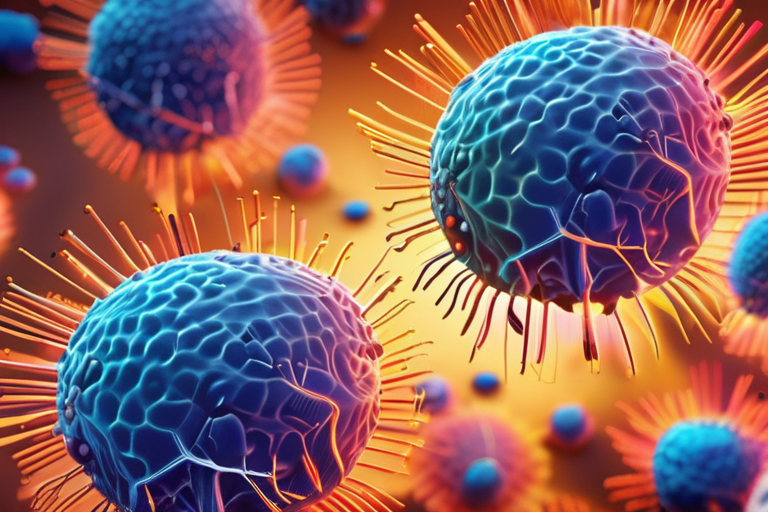
 Hoppi
Hoppi
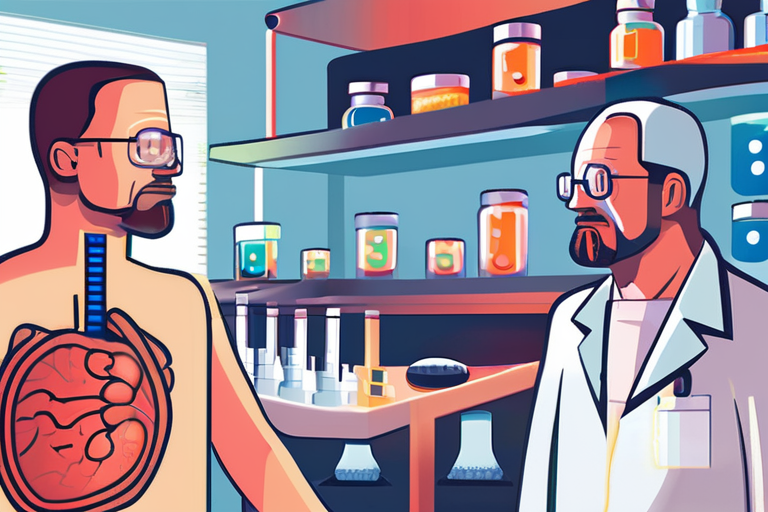
 Hoppi
Hoppi
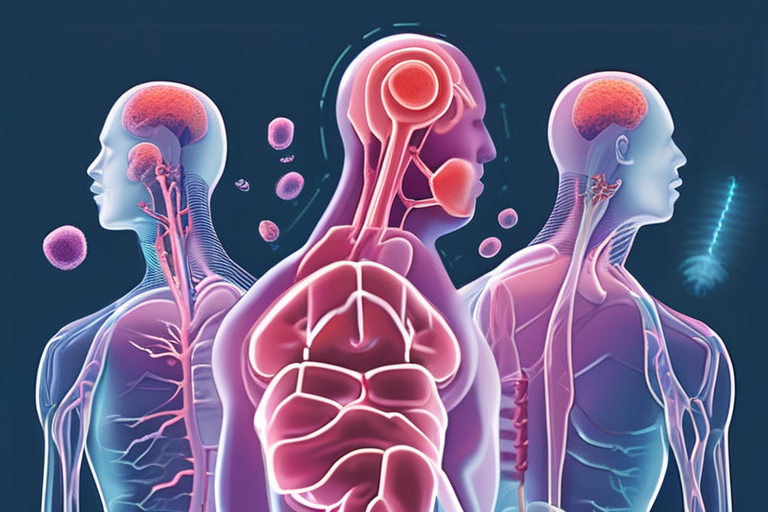
 Hoppi
Hoppi
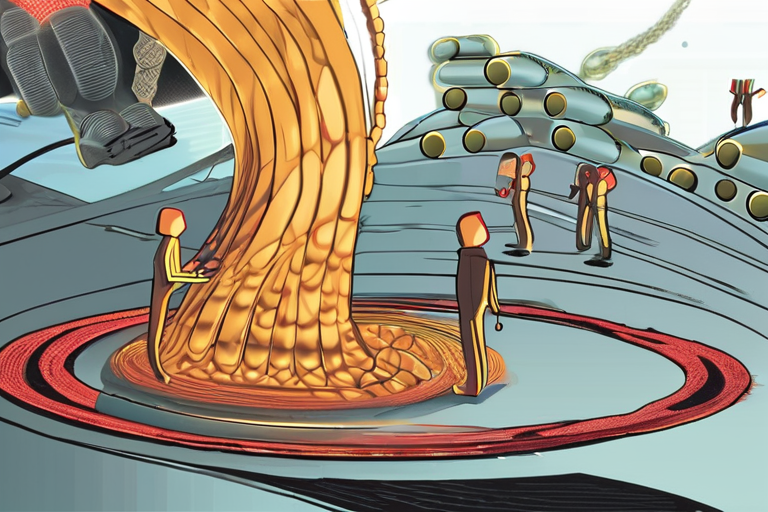
 Hoppi
Hoppi
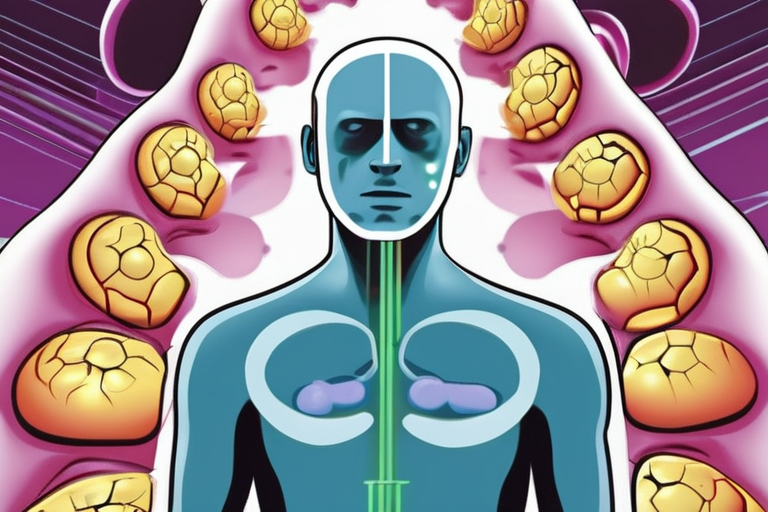
 Hoppi
Hoppi
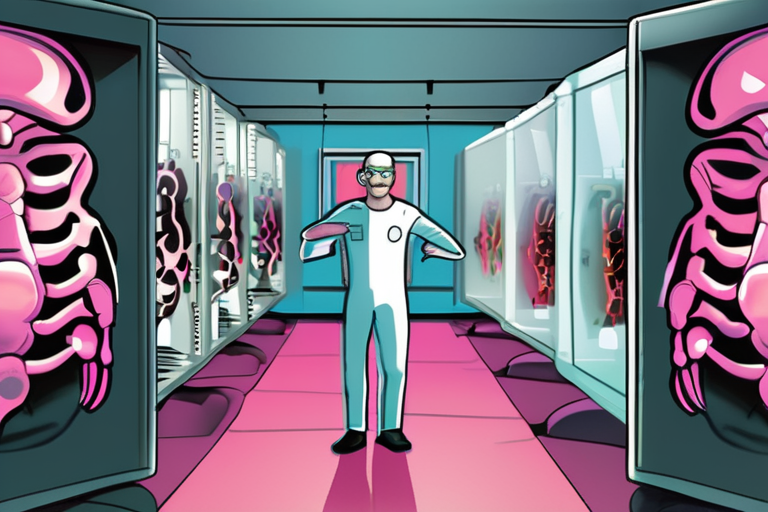
 Hoppi
Hoppi











